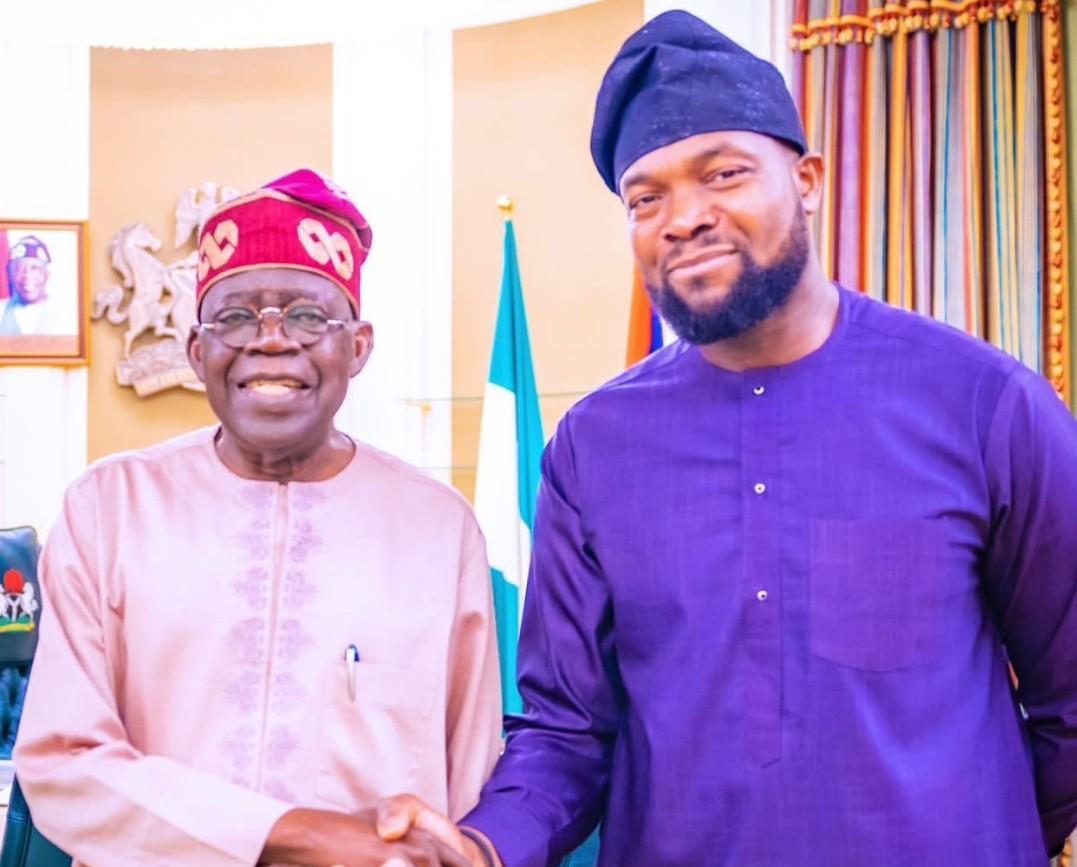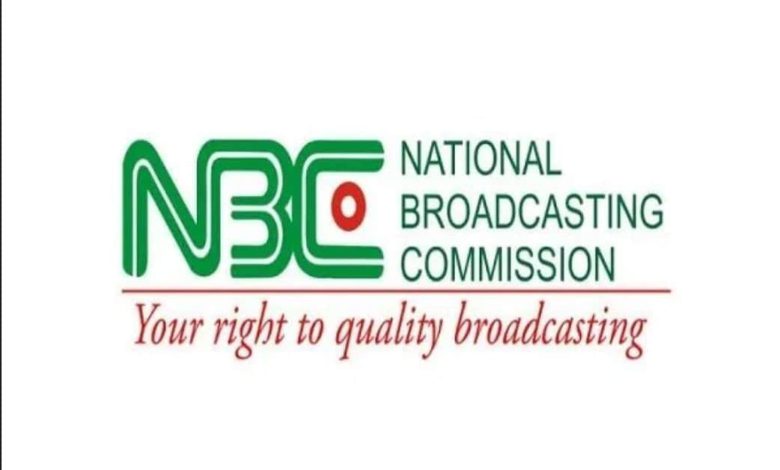By Sonny Aragba-Akpore
Towards the last days of the previous regime,
some time in 2023,the Nigerian Communications Commission (NCC) and the immediate past Communication & Digital Economy Minister,wrote off N70billion debt owed for Spectrum fees (debt forgiveness) by a Mobile Network Operator (MNO) believed to be terminally ill.
While industry stakeholders frowned at this describing it as nepotism taken too far , the Minister and the NCC looked the other way.
And this set dangerous trends in the sector especially when many operators and players are struggling with one challenge or the other to provide services to subscribers.
Digital Economy is possible only if all players live up to their billings,the operators insist.
The country does not have a national carrier that was supposed to stand the gap of taking services to the rural areas seamlessly.
NITEL suffered a fatal fate after many failed attempts to sell it and repositioned for optimum performance and the company named 21 years ago as a Second National Operator (SNO) by the NCC is yet to actualise that component of its license and the NCC has pretended as if nothing is wrong.
In other climes,the regulator will rise up to its responsibilities by calling operators to order.
The Independent Communications Authority of South Africa (ICASA), Britain,s Office of Telecommunications(oftel), America,s Federal Communications Commission (FCC),Ghana,s National Communications Authority (NCA) are truly independent and no respecters of persons, but in Nigeria,it’s the other way round.Personalities first.
Nigeria is perhaps the only country in the world where everyone hooks on to mobile telephony services in homes,offices and on the road if they must communicate.
Fax machine services that were powered by fixed lines are not readily available.Only a few service providers like IPNX,21st Century Technology,VGC Communications among others provide pockets of services with very limited spread.
And we want to create a Digital Economy.How especially when under served and unserved areas of the country are increasing by the day and even where services exist,the quality is nothing to write home about.
The NCC has been unusually quiet and seemingly inactive and it is not clear how government intends to actualise the Digital Economy Agenda that was heavily hyped by the immediate past Communications & Digital Economy Minister.
Although,the Current Minister,Bosun Tijani has tacitly inherited the agenda and planning to run with it,what is clear despite his good intentions,is that the race will be very long and may take a lifetime to end .
For one thing,technology is not native to Africa let alone Nigeria despite the manifest growth recorded so far in terms of connectivity in telecommunications.
In reality,it is not going to be a tea party especially since it is out of place to legislate on technology like a policy document.
Nigeria has recorded growth in telecommunications not technology.
On the eve of the Digital Mobile License (DML),auction in 2001,the NCC management then led by Engineer Ernest Ndukwe avoided a needless controversy spewed by a particular influential” Nigerian who was the country representative for Motorola,Inc .This Nigerian who was also a major shareholder in a Private Telephone Operator (PTO) that was deploying its telephone services with the Code Division Multiple Access (CDMA) technology made frantic efforts to impose that technology on Nigeria and campaigned spiritedly for its acceptance not only by the NCC but also by the government.
But Ndukwe and his team were very smart,they suggested to government technology neutrality saying the auction was not going to be based on Global System of Mobile Communications (GSM) but that who ever won a slot was at liberty to deploy any technology of their choice.
And the bidders went into the auction with this in mind.
Today,we all know which technology is thriving and what fate befell CDMA.
So in building a digital economy,we suggest to Minister Tijani to have an open mind in its pursuit and avoid the hype associated with those whose stock in trade is grandstanding,and sometimes with tongue in cheek attitude to government and governance.
How are we going to actualise the Digital Economy agenda when for instance,there are grave access gaps in terms of those areas that are without telecommunications services.
Internet connectivity is still very poor especially in semi urban and rural Nigeria.
There are bottlenecks all over the country where there are clear multiple regulations across the land.
There are issues of Right of Way where state governments have seen it as their oil wells and opportunity to milk Mobile Network Operators(MNOs) to pay heavily for every linear of space they excavate in the process of providing quality services to subscribers thereby making consumers suffer like the proverbial grass that suffers when two elephants are involved in a brawl.
And so quality of services nosedives especially in areas that the MNOs are unable to pay the prohibitive fees imposed by state governments.
Strangely,the Right of Way issue was resolved by the National Economic Council in 2013 where it prescribed workable solutions that were supposed to guide everyone including the NCC but today,the regulator is incapacitated and unable to provide a direction in this regard.
So how do we grow a Digital Economy in the face of these challenges?
On the contentious fifth generation (5G) technology which is now a global race,immediate past Minister,Isa Pantami and the immediate past Executive Vice Chairman(EVC),Umar Danbatta were excited to introduce it to Nigeria.There was no problem with that except that both men sold a dummy to the government more so using it as a political weapon to increase government income and pay a percentage as a fee to some phoney consultants.
Licenses were issued to first two companies,MTN and an unknown portfolio company,Mafab Communications.About a year after with nothing to show in terms of services rendered by the two companies,the NCC licensed a third company,Airtel Nigeria.
And as we write this,no significant progress has been made by any of the three companies in terms of network roll out.
There are also bottlenecks in areas including the Federal Capital Territory (FCT)with crazy bills imposed on operators for RoW payments.
The FCT is particularly more problematic for operators because for a period of nearly seven years no operator could install a base station to improve services hence despite being the seat of the Federal Government,there are very many black spots where network services are unavailable.
Is this how to build a digital economy?The race is going to be fierce because the road is long.
The government launched the broadband initiative a few years ago and gave a projection that it will achieve 70% broadband penetration by 2025.
First,it’s still not clear how the NCC measures penetration and how it arrives at the statistics it regularly releases.There is nothing scientific about them.As at 2023,the NCC bandied a 50% penetration boasting that it will achieve and even surpass the anticipated 70% by the turn of 2025.
Very soon,the NCC will release more manufactured figures to justify the projection to the applause of the uninformed.Danbatta did it and those who played the game with him are still in the system and are already grooming the new EVC ,Dr. Aminu Maida to maintain status quo of telling us what they believe we want to hear.
In a country whose currency is reflated and import dependent economy where technology is imported to grow telecommunications sector,operators are facing hard times sourcing foreign exchange to import equipment to power the infrastructure.
And yet we want to grow a digital economy.
Remember the Infrastructure Companies (Infracos) initiative of Dr.Eugene Juwah of blessed memory.
Beautiful as the document was, the idea was abandoned by Danbatta and his team for reasons best known to them after issuing licenses to companies to cover Lagos standing alone and the other six zones of North East,North West ,North Central,South West,South East and South South in that regard.
In reality,Infracos were expected to take services to rural areas and provide metropolitan fibre that would have granted rural communities access to digital infrastructure thus adding value to the digital economy for an inclusive penetration but the programme was short lived thus depriving not only the people for whom the service was meant but also denying the boost of the digital economy.
In its place the regulator
initiated the development of ICT Parks in each of the six geopolitical zones.
When completed, Danbatta explained, the parks will enable digital skills acquisition, promote innovations, provide jobs for the teaming Nigerian youth and ultimately support the overall digital economy agenda of the federal government.
Analysts believe that the parks may have been misplaced priority at best seen as a boost to personal economies of state actors as there is no verifiable evidence of their implementation despite huge sums voted for them.
The ICT parks will suffer the same fate like the Rural Telephony Program and the scandalous Infrastructure Telecommunications Companies (Infracos).
The several proposed data Centres including the one allegedly sited in Gombe derived their funding from the Infracos funds .At best,they could be described as prestige projects that have no impact on the people including their initiators, Pantami and Danbatta .
The ICT Parks,Danbatta, had said involved the construction and equipping of fully-functional Tier-4 Digital Industrial Complex (DIC) in each of the six geo-political zones across the country.
Will these add value to the digital economy??
In general terms ,digital economy is transforming age-old production sectors for instance.
And while all these are now possible in developed economies where research has engaged development,third world countries including Nigeria are still thinking of what to do and perhaps how to do it.
Minister Bosun Tijani anticipates a reduction in the gap of unconnected Nigerians in rural areas by less than 20% by the end of 2024.
He also hopes that Artificial Intelligence (AI)will usher in a new era of technological and economic transformation over the next two decades saying as an emerging economy,” it is imperative that we formulate a far-reaching national strategy to harness the potential of AI in an inclusive and responsible manner.
We are waiting patiently for the realization of all of these projections.









